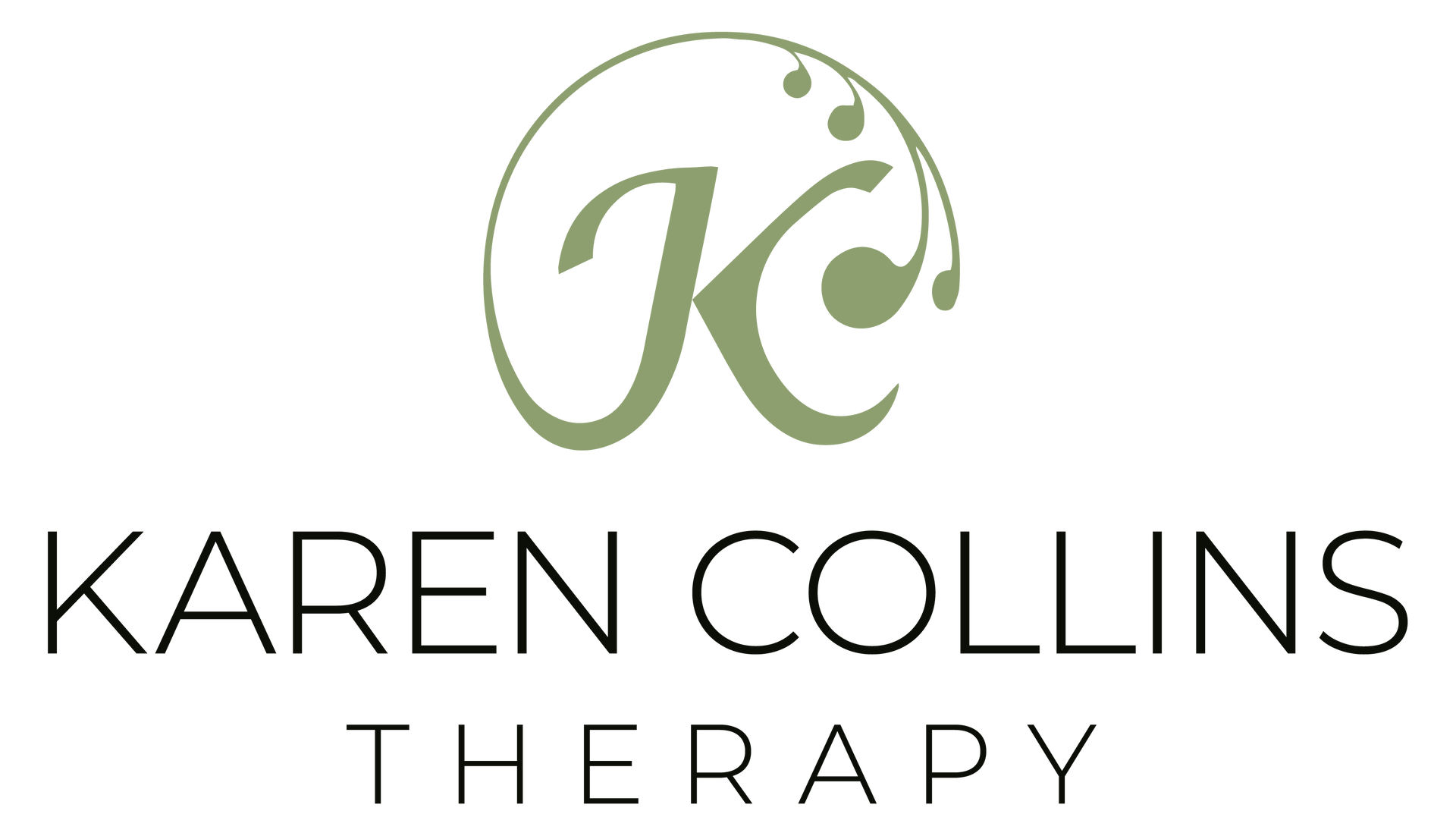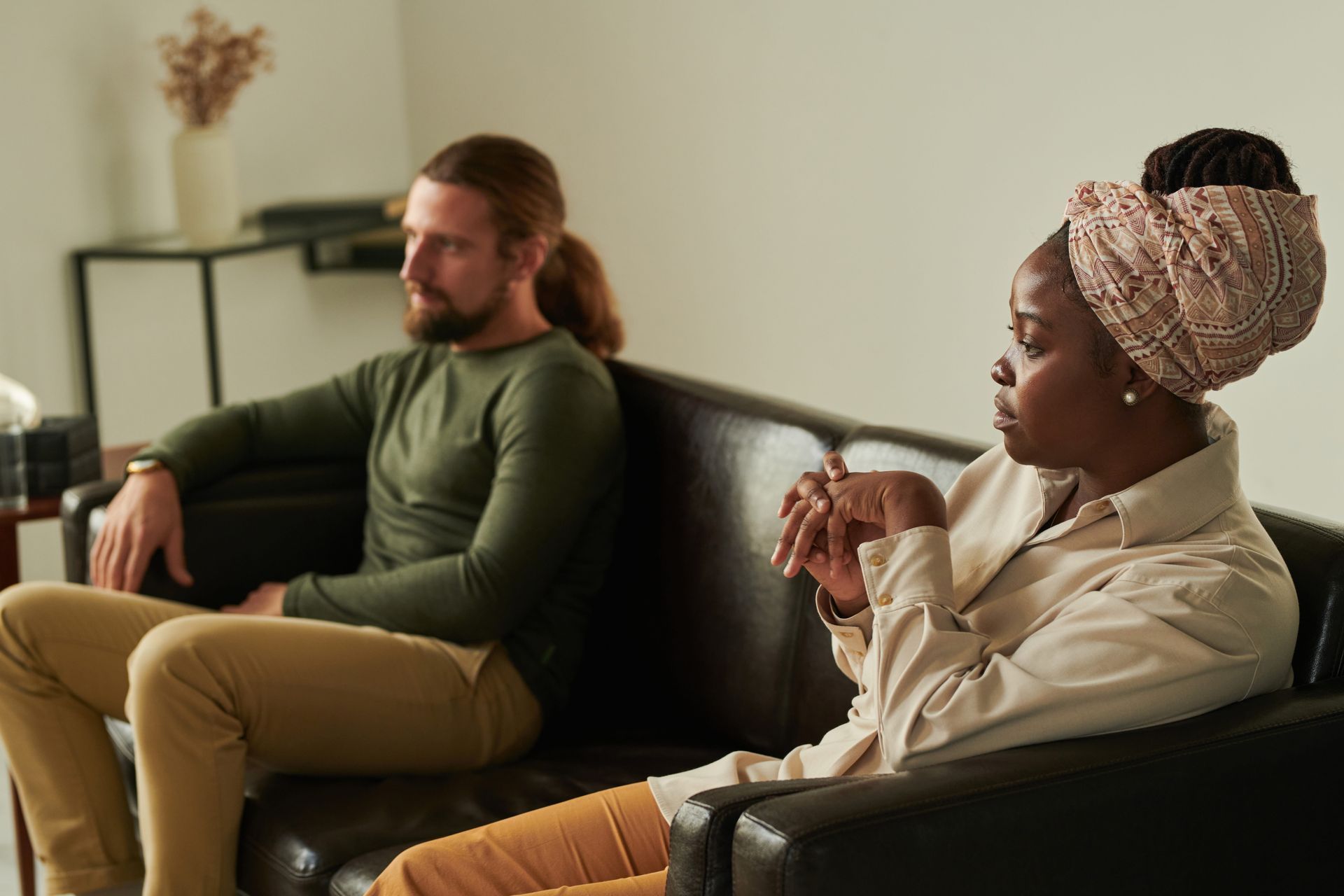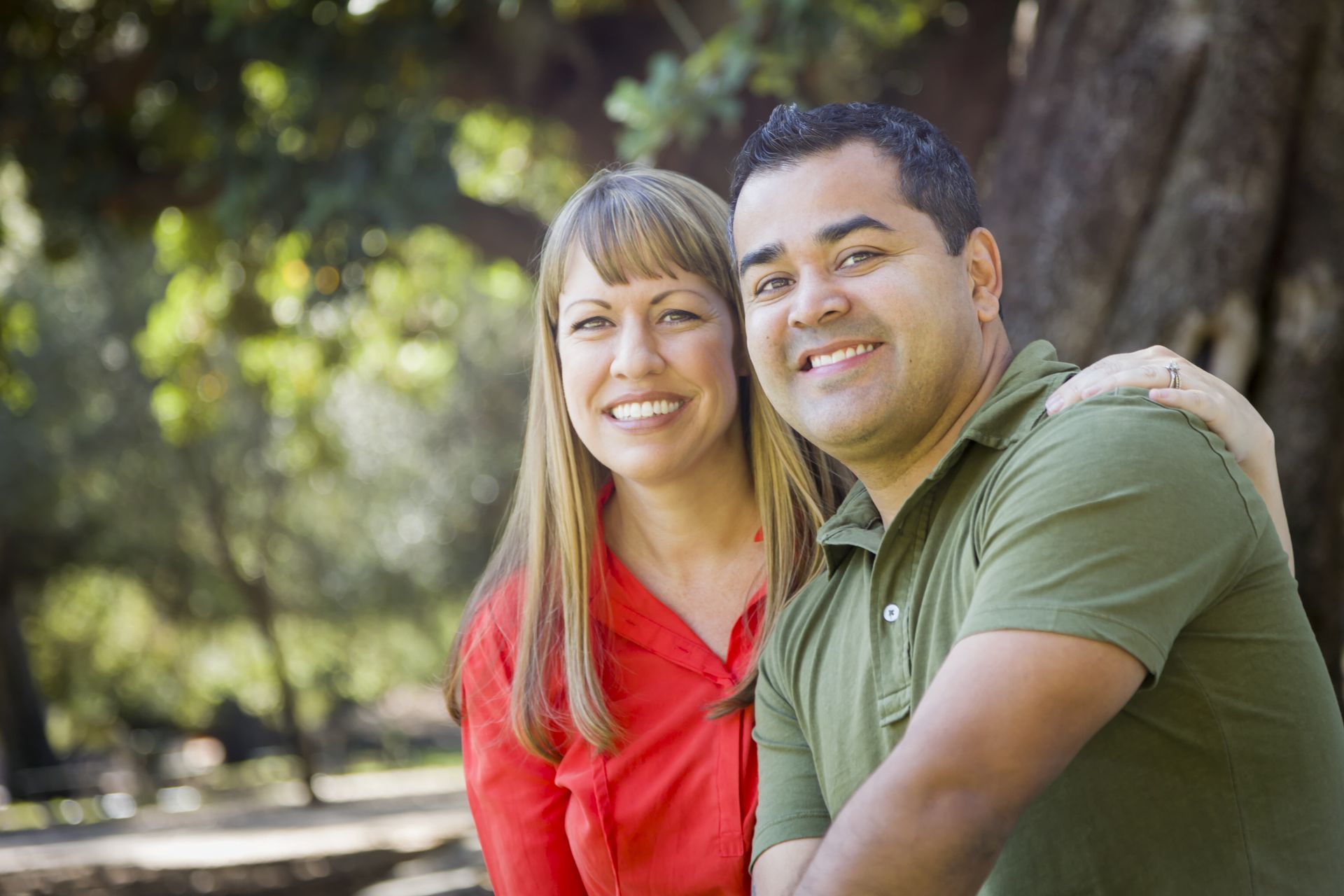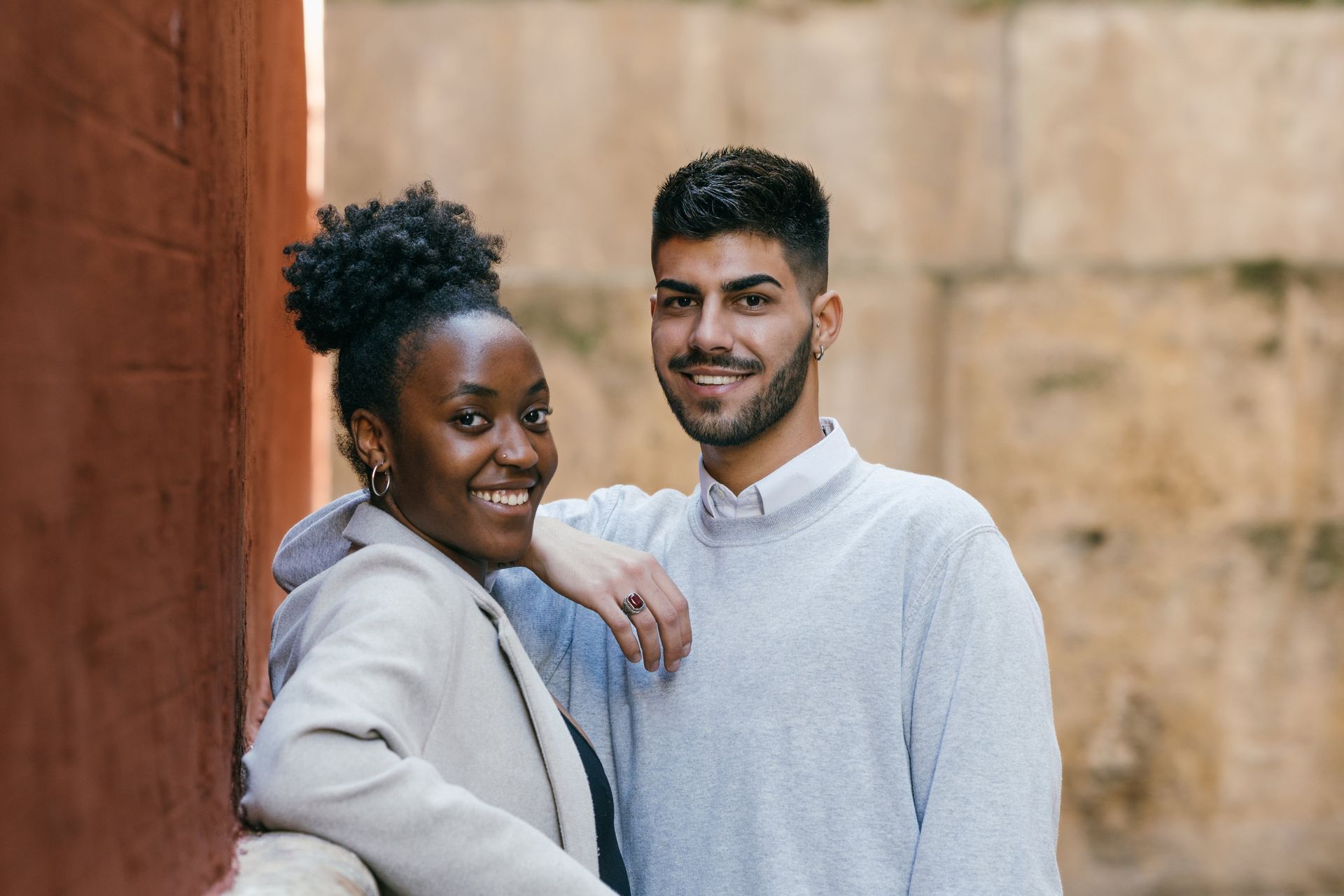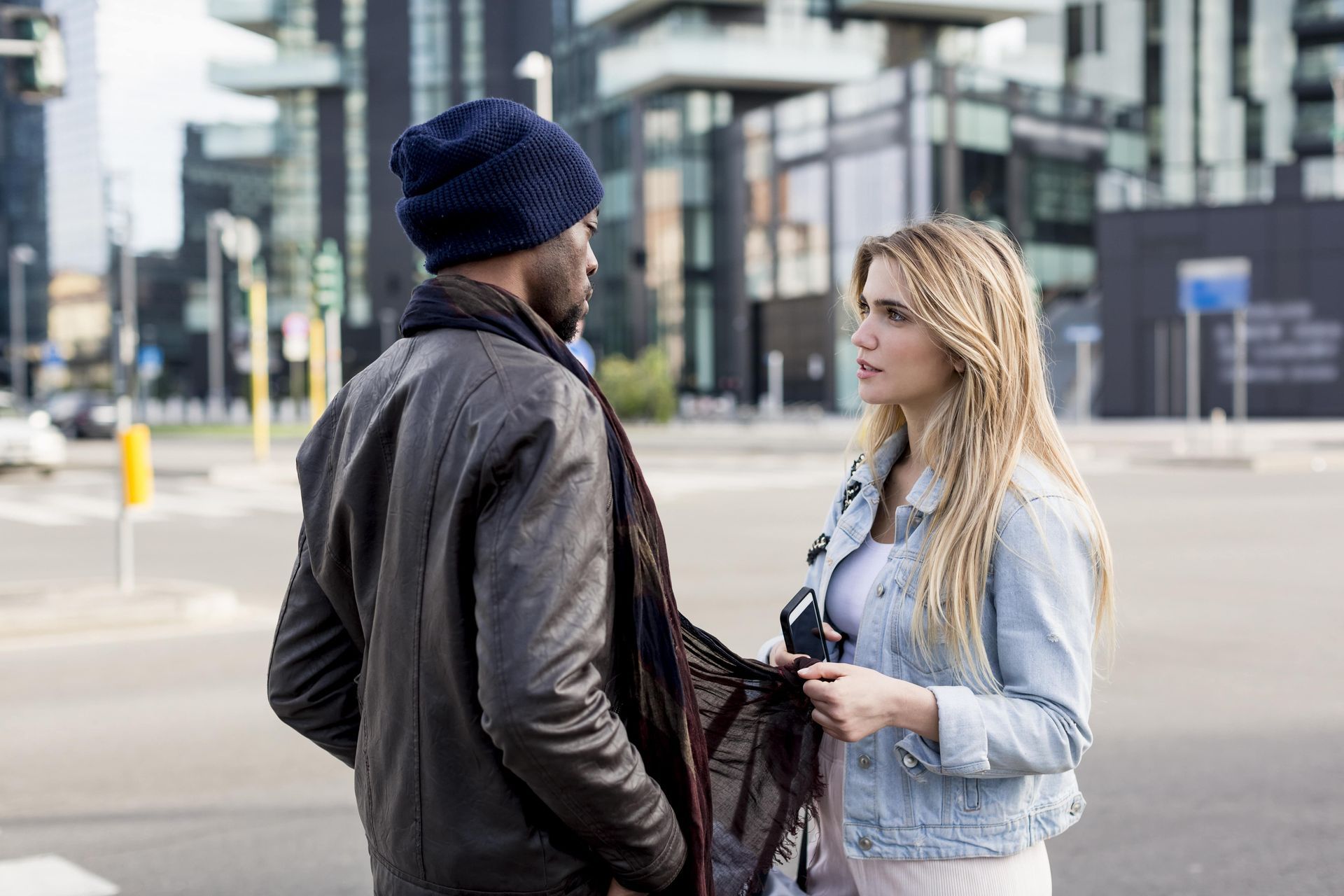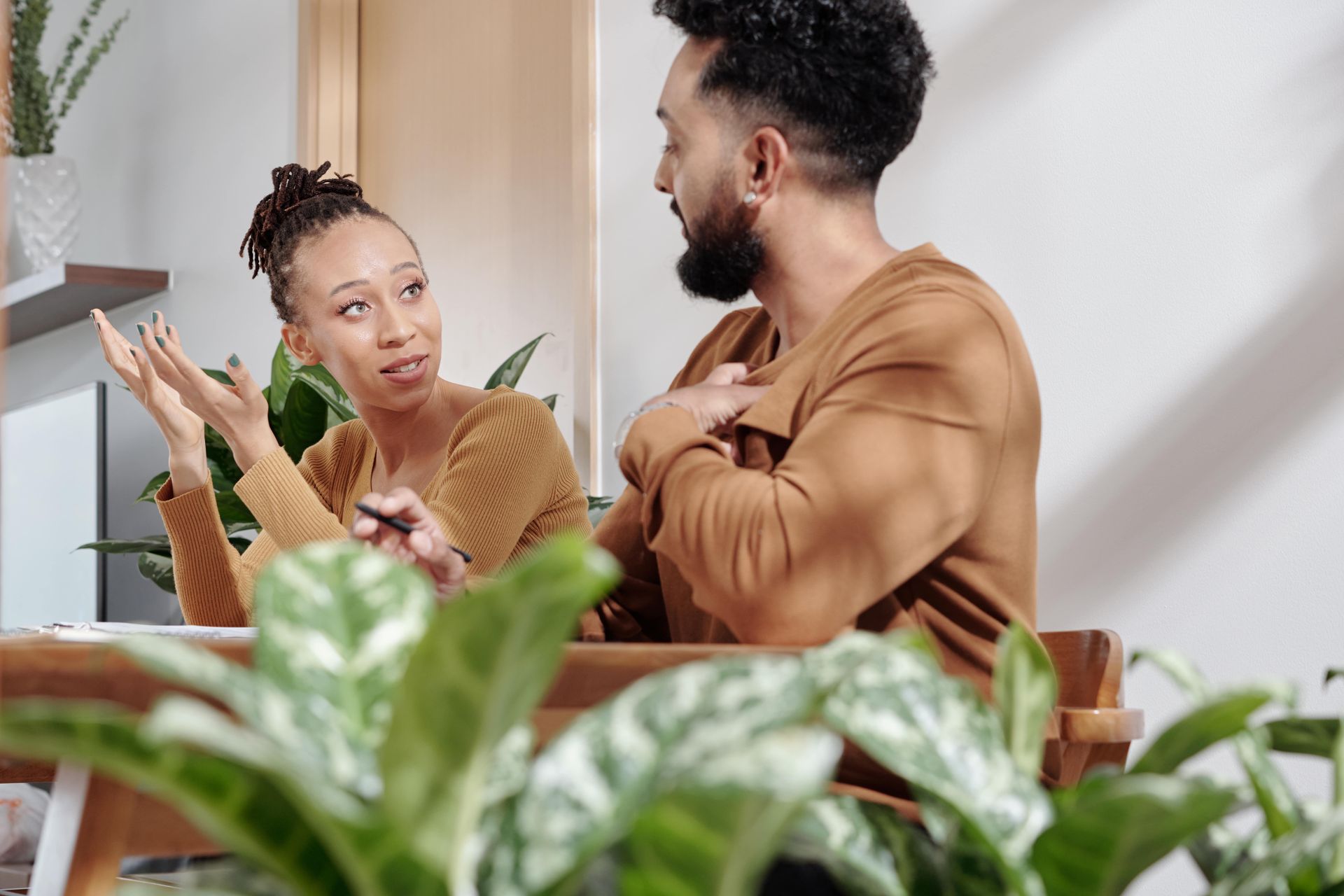How to Get Over a Breakup: A Holistic Guide to Healing and Moving Forward
Breakups can be incredibly painful, often leaving us feeling lost, heartbroken, and unsure of how to move forward. Whether the relationship ended on good terms or not, the process of healing can be challenging.
However, it’s important to remember that this difficult time can also be an opportunity for growth, self-discovery, and transformation. In this blog, we’ll explore a holistic approach to getting over a breakup, focusing on mind, body, and soul.
1. Allow Yourself to Grieve
The end of a relationship is a loss, and it’s natural to experience a range of emotions, from sadness to anger to relief. Allow yourself to feel these emotions without judgment. Cry if you need to, write in a journal, or talk to a trusted friend. By acknowledging your feelings, you create space for healing to begin. Suppressing emotions can prolong the healing process, so give yourself permission to grieve the loss.
2. Disconnect to Reconnect with Yourself
In the immediate aftermath of a breakup, it can be helpful to create some distance from your ex. This might mean unfollowing them on social media, avoiding places you used to go together, or even taking a break from mutual friends. While this might seem difficult, it’s a necessary step in reclaiming your own space and identity. Use this time to reconnect with yourself, rediscover hobbies, interests, and passions that may have taken a backseat during the relationship.
3. Focus on Self-Care
Breakups can be physically and emotionally draining, so it’s important to take care of your body and mind. Prioritize activities that nourish you, exercise, eat well, get enough sleep, and spend time in nature. Consider incorporating relaxation techniques like yoga, meditation, or deep breathing exercises to help manage stress and anxiety. Remember, self-care isn’t selfish; it’s a vital part of the healing process.
4. Reflect on the Relationship
When you’re ready, take some time to reflect on the relationship. What did you learn about yourself? What patterns or behaviors do you want to change moving forward? This isn’t about blaming yourself or your ex but rather about gaining insight into your own growth and development. Consider what you want in your next relationship and what boundaries you need to establish to ensure your emotional well-being.
5. Embrace the Opportunity for Growth
Every breakup, no matter how painful, is an opportunity for growth. It’s a chance to reassess your values, goals, and desires. Embrace this time as an opportunity to become the best version of yourself. Whether it’s taking up a new hobby, pursuing a career goal, or working on personal development, use this period to invest in your own growth.
6. Seek Support When Needed
It’s okay to ask for help. Surround yourself with a supportive network of friends and family who can offer a listening ear or a shoulder to cry on. If you find that you’re struggling to cope, consider seeking professional support. A therapist or counselor can help you navigate the complex emotions that often accompany a breakup and provide tools to help you move forward.
7. Practice Forgiveness
Holding onto anger or resentment towards your ex can keep you stuck in the past. Forgiveness doesn’t mean condoning their actions or forgetting the pain they caused, but it does mean releasing the hold that the past has on you. Forgive yourself, too, for any mistakes you may have made. By practicing forgiveness, you free yourself to move forward with an open heart.
8. Rebuild Your Life, One Step at a Time
Rebuilding your life after a breakup takes time, and that’s okay. Start by setting small, achievable goals for yourself, whether it’s organizing your living space, planning a trip, or trying something new. Celebrate your progress, no matter how small, and be patient with yourself. Remember that healing isn’t linear; there will be ups and downs, but each step forward is a step towards a brighter future.
9. Open Yourself to New Possibilities
As you heal, you’ll begin to see new possibilities and opportunities. When you’re ready, open yourself to the idea of new connections, whether that’s friendships or romantic relationships. Remember, you’ve grown through this experience, and you now have a deeper understanding of what you need and want in your relationships.
10. Embrace the Journey
Getting over a breakup is a journey, not a destination. It’s a process of healing, learning, and growing. Embrace each stage of this journey with compassion for yourself, and trust that in time, you will emerge stronger, wiser, and more resilient.
Remember, you have the strength within you to heal and move forward. By focusing on your mind, body, and soul, you can transform this challenging time into an opportunity for profound personal growth and self-discovery. As you navigate the path ahead, know that you’re not alone, and that brighter days are on the horizon.

